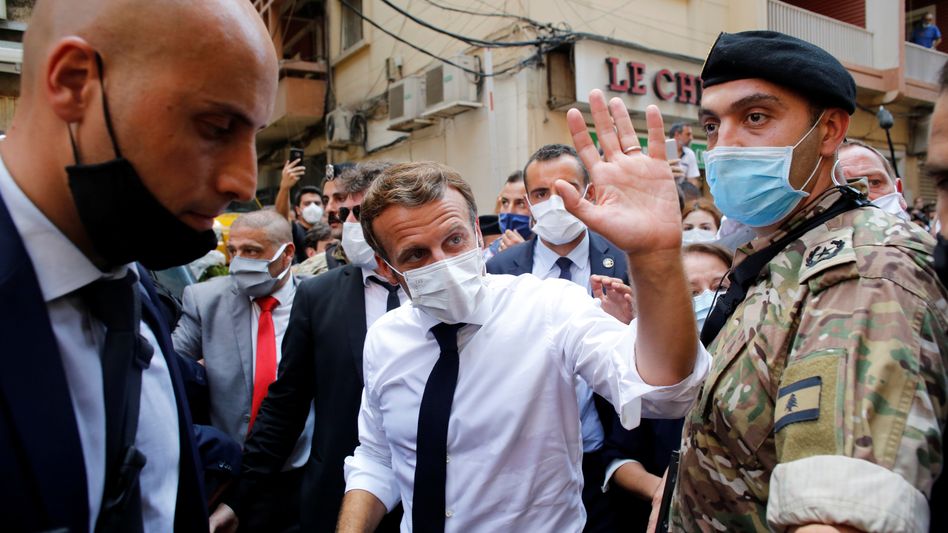Nothing works in Lebanon anymore. In the capital Beirut, there is only electricity for four hours a day at most, and in other parts of the country there is none at all. This is because state funds tend to flow into the pockets of those in political power rather than into the energy infrastructure. But even medicines, bread and bottled water are lacking if people cannot pay the high black market prices. Lebanon's main problem, however, does not lie in the country itself.
Lebanon was created in the British-French haggle over the inheritance of the Ottoman Empire and has been a stomping ground for imperialists ever since. They exert influence in the country directly or through so-called regional powers via certain confessional-political groups. The United States, through Saudi Arabia, focused on the Sunnis, France on the Christians, and Russia, through Iran, on the Shiites. Under the influence of the colonial powers of the time, Lebanon's complicated and highly corrupt political system was implemented. In this system, political power is shared among the confessional groups, and all embezzle the state budget equally. One crow does not peck out another's eye. The political elite, now deeply hated by the Lebanese people, continues to be propped up by the imperialists to advance their interests in Lebanon. Their tugging at Lebanon has led the country into the current crisis.

Gladly the first at the buffet: Macron in Beirut shortly after the explosion in the port.
In the 1990s, economic reforms were imposed at the behest of the International Monetary Fund and the World Bank. The state sector was downsized and ideal conditions were created for foreign capital: "The Foreign Chamber of Commerce in Cairo still boasts in late 2018 of Lebanon's investment-inviting free movement of foreign exchange and capital, free remittance of profits and capital, well-functioning financial sector, and corporate taxation of "just 15 percent."" Under Lebanon's last president, Hassan Diab, an IMF loan was again floated, tied to "structural reforms" that place even greater burdens on the deepest and broadest masses. The budget deficit is to be reduced by raising fuel, sales and value-added taxes and through austerity measures.
But the masses do not want to go on living this way and are less and less divided by sectarian differences. This is shown by the angry demonstrations with "revolution" chants in 2019 and after the explosion in the port of Beirut in 2020. If they unite under a Maoist Communist Party, they will chase imperialists out of the country. The army equipped by France and the USA will not change that.
